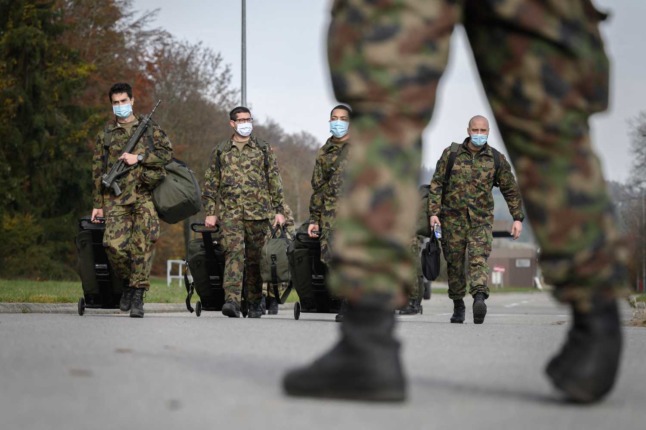A photo of a toasted baguette smeared with butter went viral in France on Tuesday.
The picture was part of a an ad posted onto the country's most popular classified ads website Le Bon Coin. The baguette covered in butter, known as “tartine” in French was up for sale for €5.
“Tartine for sale covered in real half-salted (demi-sel) Breton butter, bought just a week ago,” read the ad.
“I stress that the tartine has been toasted, however I waited for it to cool before applying the butter.
“Enjoy it, for the same price as a kebab.”
The seller says the tartine could even be cut and sold in smaller sections although delivery was only possible in Brittany.
He later admitted to France Radio that his offer was not really genuine, just an attempt to make light of the ongoing butter shortages in France, that has been described as the worst since World War Two.
The ad was not the only butter-related one to appear online in France in recent days.
Several other resourceful French people have placed blocks of butter on Le Bon Coin for prices ranging up to €49.
While some are obviously jokes, some could be serious attempts to make a little bit of money on the back of the crisis.
“250g Block of butter and knife, price negotiable,” reads one ad.

While another is offering 250g blocks of “gastronomic” President butter for an eye-watering €10.

Meanwhile France's Minister of Agriculture Stephane Travert had some bad news for France's new wave of butter entrepreneurs. He said he was confident the shortage would soon be over.
READ ALSO:




 Please whitelist us to continue reading.
Please whitelist us to continue reading.